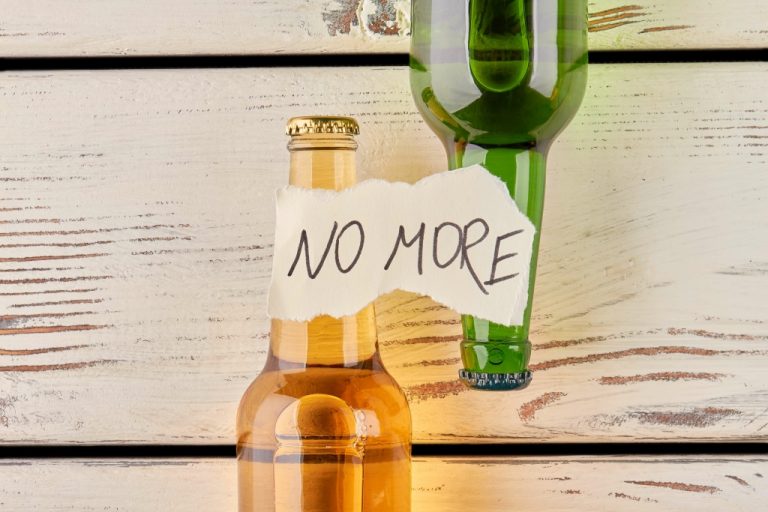• Connection—being in touch with others who believe in and support recovery, and actively seeking help from others who have experienced similar difficulties. One of the reasons some people hesitate to go into treatment is that they don’t actually believe they can have a fulfilling life as a sober person. Like most people who’ve spent years abusing substances, you likely didn’t have the Is There a Connection Between Narcissism and Alcoholism? best diet throughout that period. Your body’s condition is influenced by what you eat, and it may now be showing signs of malnutrition caused by long term neglect. It is crucial to minimize fats, cut junk food out from your diet, cut out sugar and unhealthy food and eat fresh fruit, veggies, fish, and lean meats daily. Also, drink lots of water and cut back on coffee or energy drinks.
- Cravings vary in duration and intensity, and they are typically triggered by people, places, paraphernalia, and passing thoughts in some way related to previous drug use.
- Butch began counseling in 1989 and worked with Cumberland Heights throughout the 90s doing Aftercare, contract work and individual counseling.
- When you’ve got high energy levels and lots of free time, it’s easier to stay focused on work, school, and personal projects.
- Th actress — who was on The Drew Barrymore Show to promote her new rom-com, Which Brings Me to You — went on to thank Barrymore for her honesty about her own addiction over the years.
Substance addiction has left a giant hole in your life, and now is the time for you to fill that hole with something productive, engaging, and fun. Finding new hobbies is easy; try by volunteering, pursuing further education, or other positive and fulfilling hobbies to keep new life on the right path. It may require an intentional and lengthy process for both partners to learn how to rebuild trust within the relationship. These codependent people take care of their partners that live with a condition.
Alcoholism & Cardiovascular Issues
The next step after rehab is establishing a recovery plan that reinforces the lessons you learned while in rehab. If you find it difficult to make new, sober friends, try joining a support group. Spending more time with supportive loved ones and planning activities for the entire family can also help you develop a healthier lifestyle and avoid situations in which you would normally drink or use drugs. They have also treated their underlying issues (mental health, spiritual, physical) that led to or resulted from their drinking. They have made significant changes that have allowed them to find peace in removing alcohol from their life and to have emotional stability.

You can find a local or virtual support group, and access additional resources, on their website. Substance use disorder doesn’t only affect the person who’s addicted to drugs and alcohol — it affects loved ones as well, especially the partner who’s living with the person experiencing addiction. It’s well-known that substance use disorder (SUD) can negatively affect relationships. But what many people don’t realize is that even after sobriety, addiction can continue to have a negative impact. Toxic relationships are those in which you feel unheard, misunderstood, unsupported, demeaned, unsafe, or attacked. Both old habits and unhealthy relationships can trigger those negative emotional states that may increase the risk of relapse.
Learn about the methods to help you stay sober after addiction treatment.
After spending an amount of time in treatment, the transition process of rebuilding your life after addiction can be challenging and will require several steps. It’s beneficial for you to learn about substance use disorder, including how it affects both your partner as well as yourself. This may help you to understand SUD and how addiction works, which can help you separate your partner and the disease. According https://accountingcoaching.online/facing-your-powerlessness-in-addiction-recovery/ to 2018 research, supportive relationships with family, spouses, and sponsors help those working toward sobriety sustain their recovery. If the person with SUD suddenly isn’t dependent upon their partner to take care of them, this can cause a disruption in the relationship as well. The supportive partner may want to be needed, and feel unhappy, lost, or confused with the new relationship dynamic.
Identifying long-term goals, breaking them into smaller steps, and celebrating milestones along the way are essential for personal growth and motivation. A professional program helps both prevent these complications from occurring and treats them should they appear. It’s just one more reason why it’s so important to partner with a professional treatment program rather than trying to go through detox all alone. The physical withdrawals can be hard to get through without help. But what many people don’t realize is that mental withdrawals can be just as hard to bear. Below are just some of the mental withdrawals that recovering addicts can expect to experience on their way to sobriety.
Comments are closed